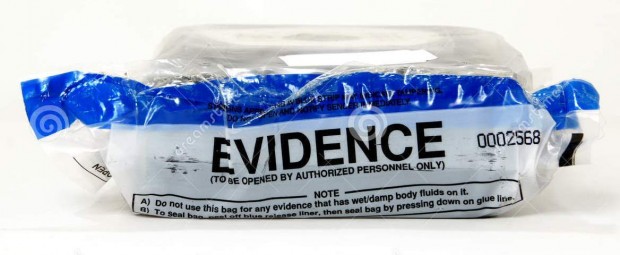
This week has seen the waters of this vice ruffled in Kenya by the exposé of a ‘gynecologist’ who sedates and rapes his patients. Rape is a humiliating affair and should never happen to anyone, woman, man, or child.
There are still those moments that things happen and someone finds themselves in a victim’s situation. It may happen to a loved one, a neighbor, or to you. Commonly after a rape incident, the survivor usually experiences a mixture of emotions like fear, guilt, shame depression, anger and self blame. They normally ask themselves what they did wrong to provoke the heinous act meted out to them.
Even as you try to process the reality, there are things you are supposed to do and others you are not supposed to do in case of a rape incident. You may prepare a checklist in your mind of what to do in order to avoid rape, but the truth is there is no single checklist that you can follow to avoid rape. The story of the ‘gynecologist’ proves that rape takes many forms and can happen anywhere. If you escape alive, you have done the right thing.
1. Try as much as possible to stay calm and don’t beat yourself up with self blame. It could have happened to anyone else. Go to a place where you feel safe. If possible, talk to a close friend or a relative to help you deal with the overwhelming emotions and take you to the hospital.
2. Do not take a shower as this might destroy evidence against the assailant. To obtain this evidence, a specially trained doctor will need to take samples of your saliva, urine, blood and pubic hair, and swabs from your mouth, rectum and genitals. The evidence will never be used without your permission. If you want, they can store forensic samples to help detect future crimes.
3. Do go to a health center/ hospital before 72 hours are past. The logic behind the 72 hours or three days is because interventions that protect you as a rape survivor are usually successful within this period. There is the Post Exposure Prophylaxis- ARVs given to a survivor who tests negative for HIV. The sooner it is initiated, the greater the chances of ensuring your safety.
Emergency contraception is also effective within 72 hours. This prevents possibility of conceiving from a rape ordeal. You don’t want a constant reminder of the rape incident, which comes with a whole lot of psychological trauma to process.
4. If you change your clothes, carry the soiled clothes as this will help with collection of evidence. Do not store the clothes in a plastic bag, as this may tamper with the accuracy of the evidence. Instead, wrap them in brown paper or newspaper.
5. Report the matter to the police. A sexual assault or rape is a sexual offense that the police take very seriously. Some police forces will have specially trained officers to work with you. You can make the police station your next stop from the hospital.
6. Seek the help of a counselor to help you through the process of healing. Trained trauma counselors can be found at health centers. Some people may not feel safe sharing the horrific rape ordeal by a familiar person. A counselor will help you in confidentiality.
In Kenya there are various Gender Violence Recovery Centers where you can get help after a rape incident. Most of their services are free of charge. Some of these centers are:
Kenyatta National Hospital Gender Based Violence Recovery Center (GBVRC)
Medicines sans Frontiers clinics.
Almost all public hospitals have these centers, so do not shy away from seeking help.